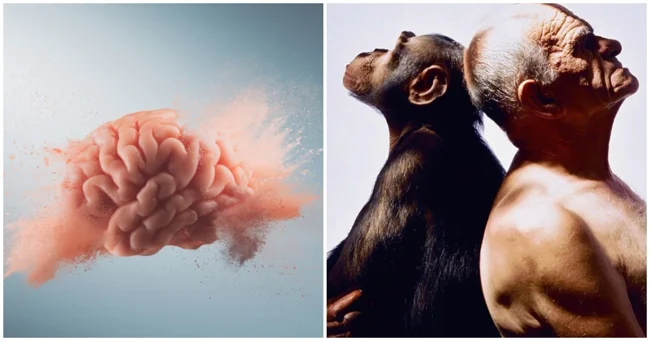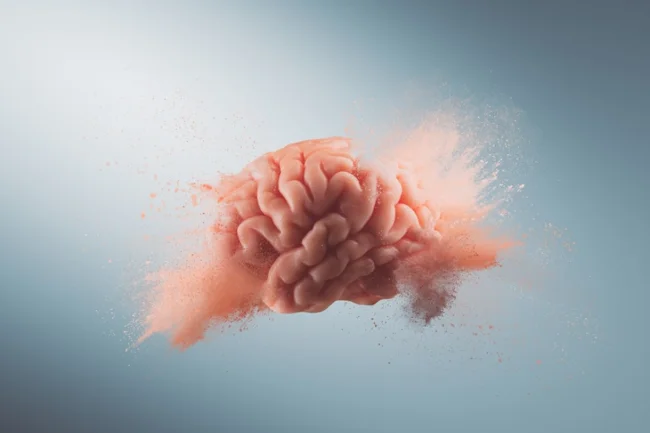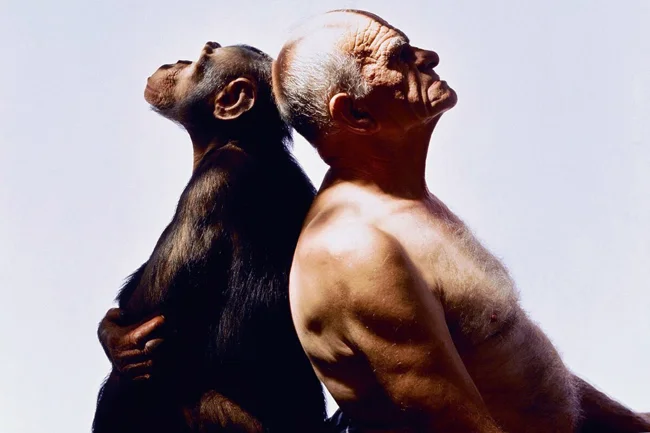Do humans have instincts? (6 photos)
We all know such expressions as “self-preservation instinct” or “maternal instinct” applied to a person. But do they exist in the sense in which they are most often used in everyday life?
What is instinct? 
There is no single definition that all scientists use. The closest thing to us is the definition of instincts according to Lorenz - that is, it is a preset program that is characteristic of a certain species. According to this program, individuals act “automatically,” that is, they do not learn it, do not analyze it, and do not change it. For example: there are species of fish that live in fresh water, but they spawn only in salt water. At the same time, of course, no one explains to them where they need to sail and when - they simply act according to the program laid down in them. Even if such a fish is isolated from its relatives immediately after birth, it will still do this. 
And a person does not have default action programs that are familiar to him from birth. He learns everything: speaking, walking, other skills, he doesn’t know what foods he can eat and what he can’t. A person will not be able to reproduce or care for offspring without training. A person does not have actions that everyone would do absolutely equally and automatically. And if you look at the number of suicides, then the instinct of self-preservation is obviously absent.
Unconditioned and conditioned reflexes 
Instead of instincts, a person has reflexes, vital needs (the need for food, to avoid pain, for safety, etc.) and, of course, a lot of social attitudes.
Reflexes are unconditioned and conditioned, and the former provide more interest when it comes to instincts.
A striking example of an unconditioned reflex is the withdrawal of a hand from a hot frying pan. Or an infant sucking reflex. This also includes innate actions such as coughing, sneezing, etc. There are many unconditioned reflexes.
Instinct is a program that serves a specific purpose, such as creating a shelter or reproducing.
A reflex is a relatively simple action that serves as a response to a stimulus.
Maternal instinct 
The myth about the existence of human instincts is a reason for an incorrect assessment of both one’s own actions and the actions of others. And this myth gives rise to other myths.
The belief that a person has instincts forces many to think that at the moment of need they will wake up on their own and the person will immediately have the necessary knowledge. A striking example: belief in maternal instinct. It is believed that unconditional love for a child, the ability to handle him, comes to the mother immediately after childbirth. And under the influence of hormones, for some, love for the baby may come immediately, but many women begin to really love their child much later, even years later. And for some, love for children never appears. And that's okay. Especially if the child was not conceived at will, if conception and birth were associated with moral and physical trauma. And yes, no one knows how to care for a baby by default.
But the “maternal instinct” imposed by society becomes a tool of pressure on pregnant and young mothers who do not feel love for their child at first sight, do not understand his desires, and think that something is wrong with them.
Yes. Maternal instinct does not exist. But there is an opportunity to create a safe and comfortable environment for mother and child in which she can devote herself to the baby, without judgment, pressure and thoughts about how and what she will live on while she cannot provide for herself.
The instinct of self-preservation 
The second myth is the instinct of self-preservation. Based on this myth, many argue that people who committed suicide simply attracted attention to themselves and at some point “played too much.”
Yes, of course, there is a certain percentage of people who imitate suicide, but this is not everyone. Suicide is the most extreme option. But the instinct of self-preservation is often replaced by the vital need for safety and absence of pain.
Homo sapiens 
They often also try to justify the crimes of rapists with instincts, saying that he really wanted to restrain himself, but what can you do - instinct.
But only a reflex (conditioned or unconditioned) can work. An example - if you quietly approach a military man from behind, especially one who has recently returned from a combat zone, then his reflexes will most likely get ahead of his brain and the person approaching may be in serious trouble.
There is also no sexual instinct - this is sexual desire, the need for pleasure. But all this in mentally balanced people is perfectly controlled by the brain. So there is no “wrong behavior” or “wrong dressing” - there is only impunity and a refusal to control one’s desires.
Man belongs to the animal kingdom, but his species is Homo sapiens. Animals do not belong to this species.
